rhetorical devices
1/29
Earn XP
Name | Mastery | Learn | Test | Matching | Spaced |
|---|
No study sessions yet.
30 Terms
abstract
language that describes conscepts (ideas & qualities) rathern than concrete ideas (things, people, places, etc)

allegory
the rhetorical strategy of extending a metaphor throughout an entire narrative. uses symbols to convey a hidden meaning throughout a story, picture, or art form. usually used to represent a moral or political meaning
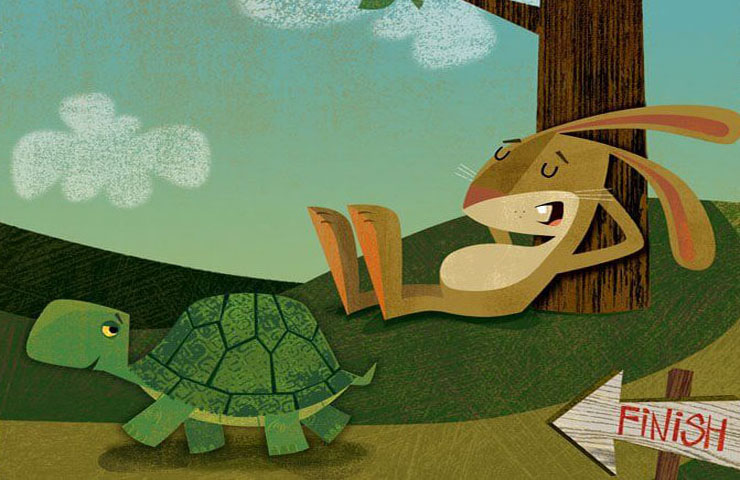
alliteration
involves two or more words that appear closely together & have the same initial stressed or constant sound
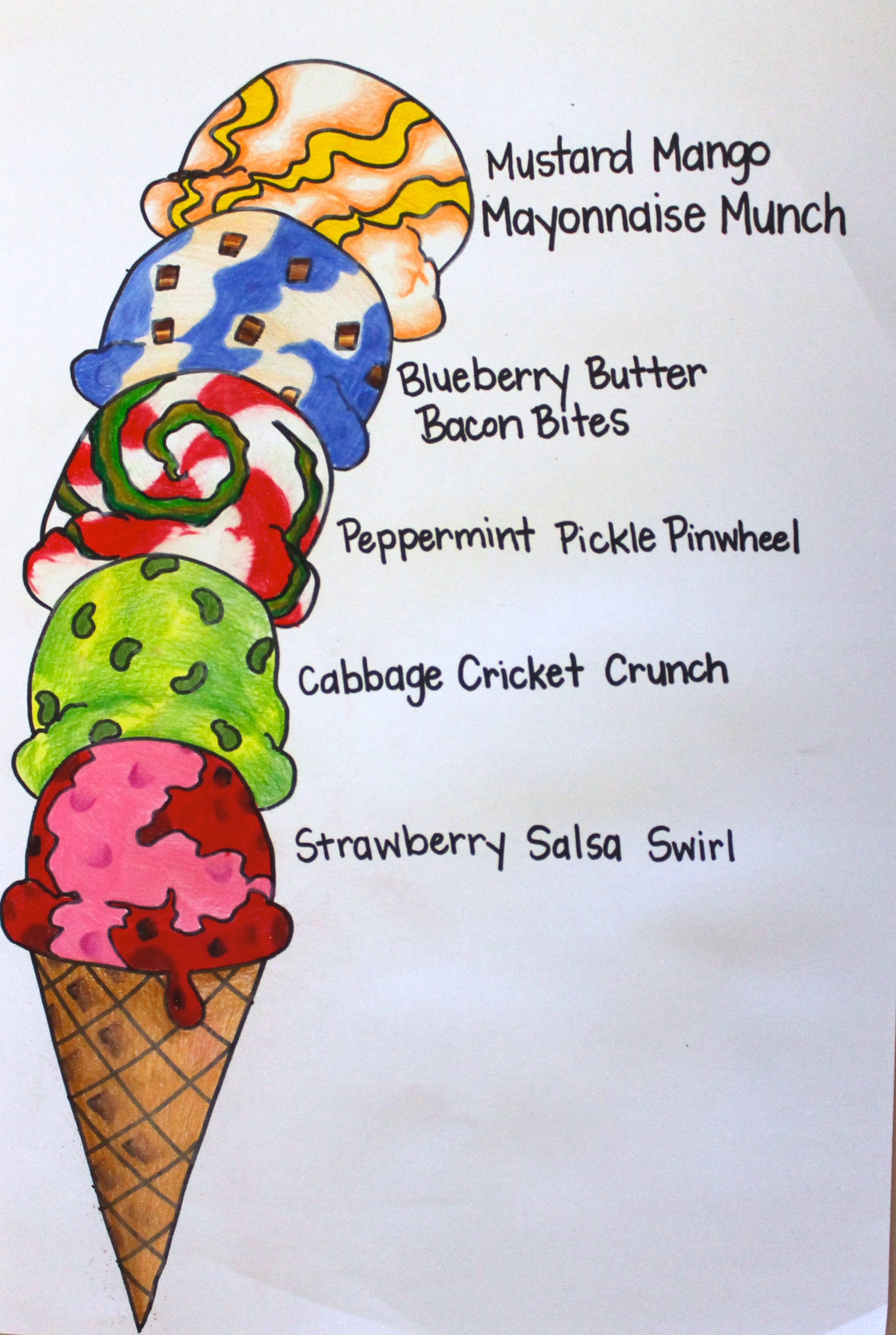
allusion
a brief reference to a person, event, or place (real or fiction), or to a work of art

analogy
a form of comparison, unlike a simile or metaphor, that concentrates on one point of resemblance & draws a parallel between two unlike things that have several common qualities or points of resemblance. comparison of two things to make a point
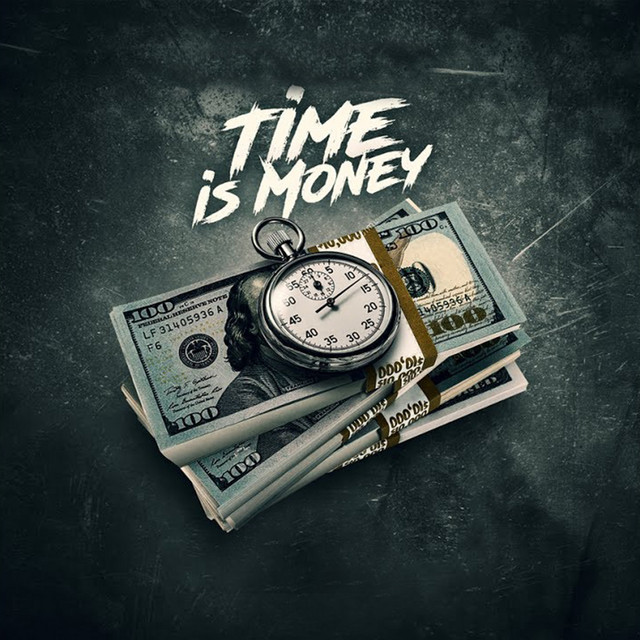
anaphora
the repeated use of words or phrases at the beginning of multiple sentences, clauses, or phrases

anastrophe
an inversion in the order of words in a sentence, saying, or idea
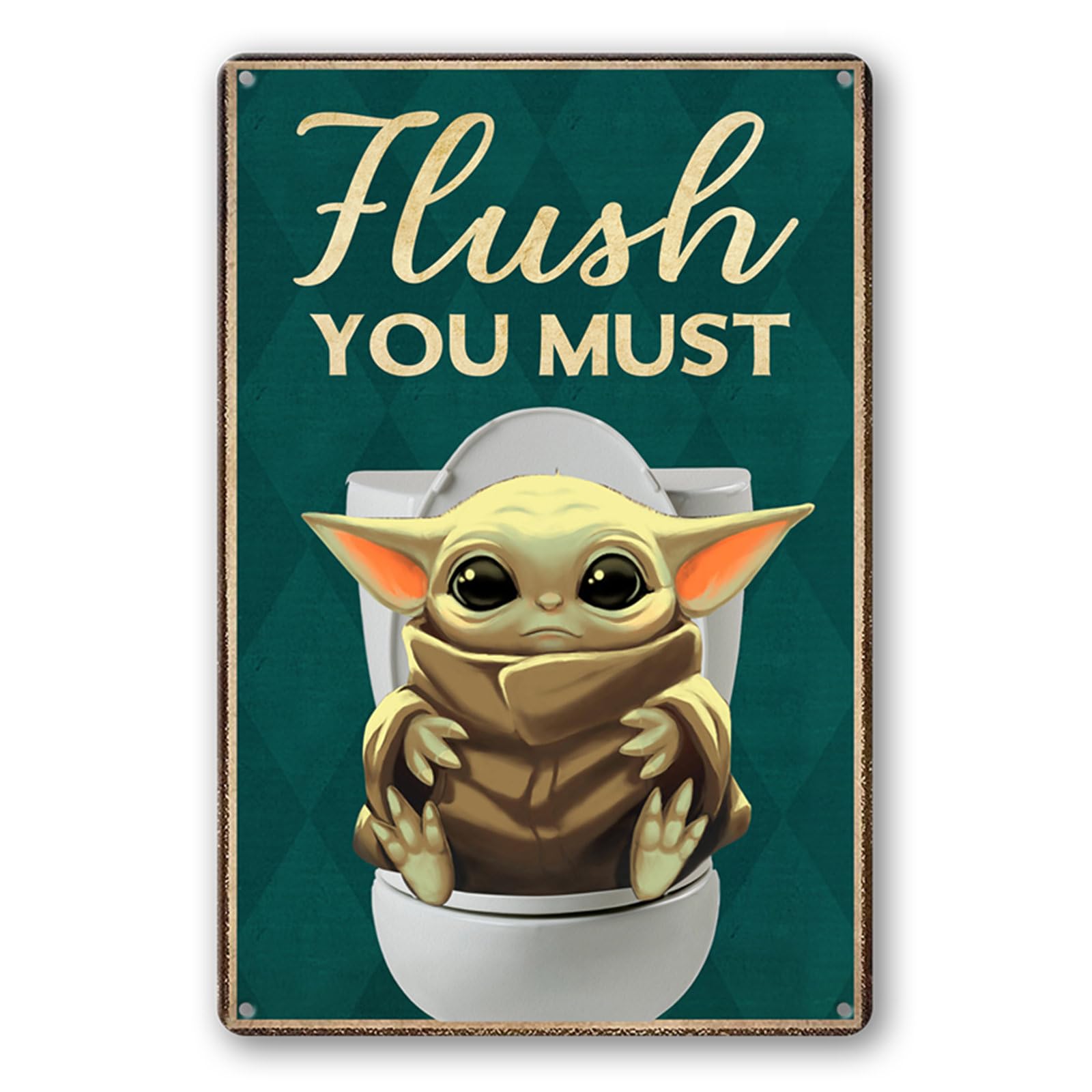
antecedent
a noun or noun phrase that gives meaning to pronouns
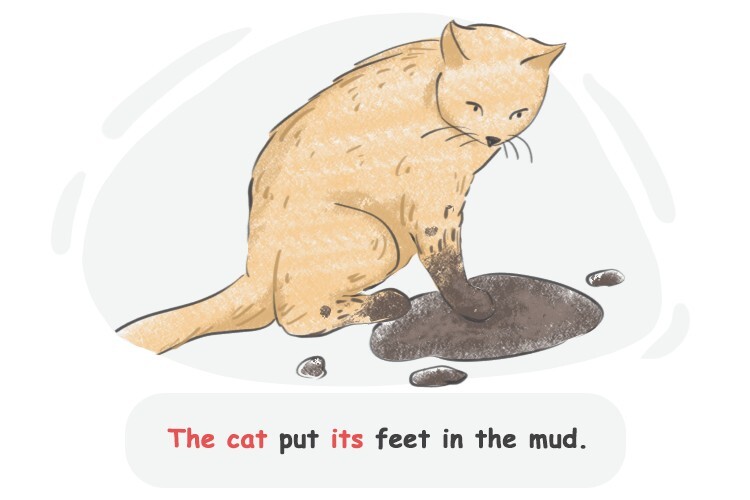
anticipating audience response
a rhetorical technique used by anticipating & stating the arguments that one’s opponent is likely to give & then answering the arguments before the opponent says them

antithesis
an opposition or contrast of ideas is expressed by parallelism of words that are the opposites of, or strongly contrasted with, each other

aphorism
a short phrase that expresses an important truth about life

apostrophe
a speaker addressing a person or thing that is absent, inanimate, or non-human
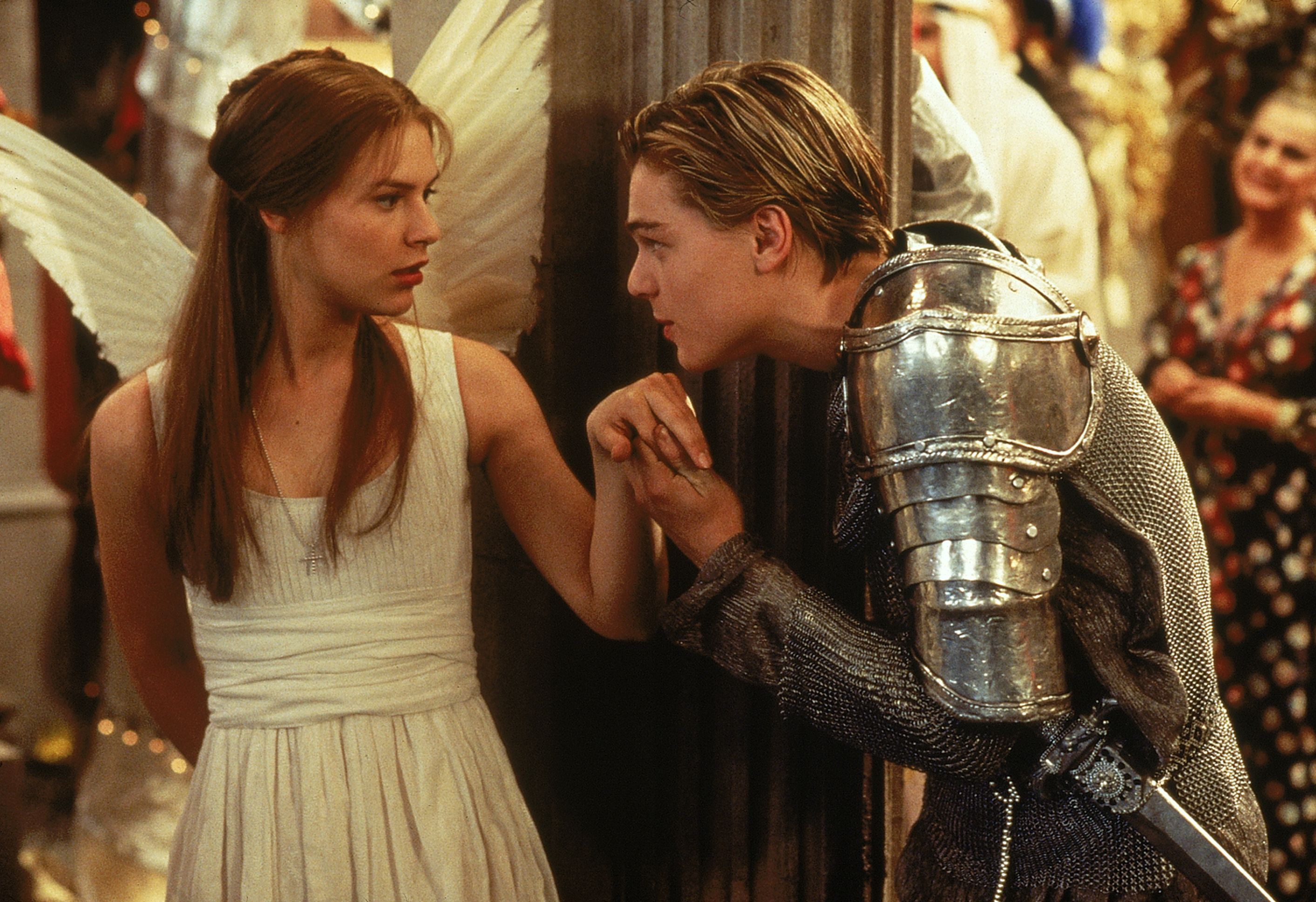
appositive phrase
a noun phrase that comes after another noun to give the reader extra information about it
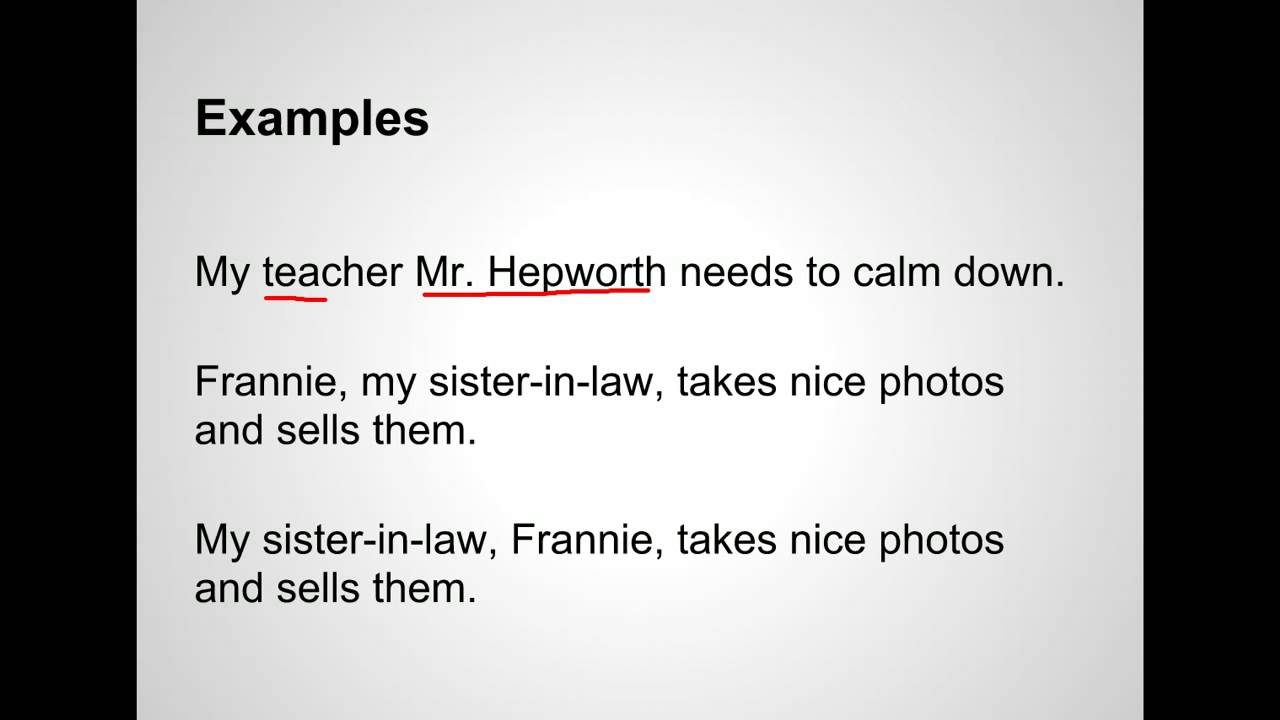
attitude
an author's or speaker's feelings, emotions, or opinions about a subject that they express through their writing or speech
call to action
writing that clearly tells the audience to take action or promote change
characterization
a technique a writer uses to develop a character by describing the character’s appearance, actions, thoughts, & feelings
chiasmus
a type of balance where you reverse the order of words or phrases in a sentence or phrase to create a mirror image of the original
classification & division
where a writer or speaker takers a large topic & breaks it down into smaller, more manageable categories
cliché
a timeworn expression that through overuse has lost its power to evoke concrete images
coinage
a word or phrase made, invented, or fabricated
collaquial expression
an informal phrase used in every-day speech
comparison/contrast
points out similarities or differences
compound/complex sentences
a type of rhetorical sentence structure that contains two or more independent clauses & at least one subordinate clause
conceit
an elaborate & surprising figure of speech comparing two very dissimilar things. it usually involves intellectual cleverness & ingenuity
concrete
pertains to actual things, instances, or experiences (opposite of abstract)
defensive/offensive
a method of argument in which the speaker or writer defends her own views and/or attacks the views of others
definition
a method of specifying the basic nature of any phenomenon, idea, or things.
denotation & connotation
_____ = dictionary def
_____ = emotions associated
diction
the choice of words in a work of literature & an element of style important to the work’s effectiveness
doublespeak
language use to distort & manipulate rather than to communicate